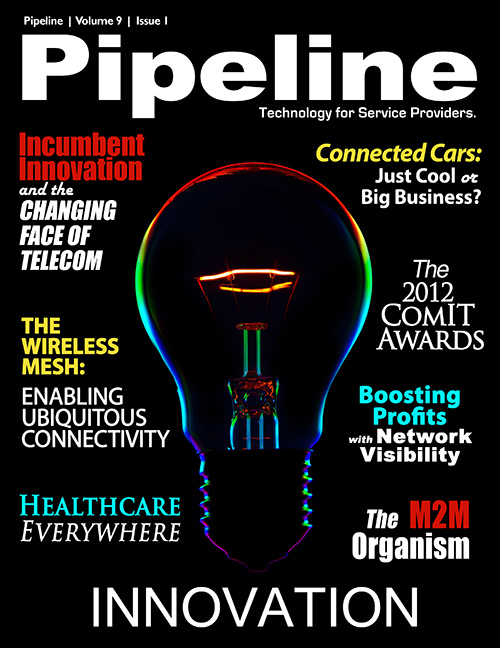Incumbent Innovation: Changing the Face of Telecom
Different Strokes
Those changes, of which incumbents are a fundamental part, demand the R&D wherewithal that major carriers can provide to keep the whole process moving forward.
The philosophies underpinning these lab efforts vary greatly. AT&T Labs, for instance, employs researchers that don't shy away from big ideas, tackling research agendas that range from the very practical (data mining and assistive technologies for users with disabilities) to the more esoteric (communications theory and artificial intelligence).
Others such as Deutsche Telekom’s T-Labs, shy away from research done solely for scientific purposes. According to Heinrich Arnold, Head of Telekom Innovation Laboratories, “Theoretical research is history!” Instead, Arnold said that the "T-Labs focus on the business areas of the company, support and challenge them, and find disruptive solutions for existing services or businesses.” The labs are directed by the carrier’s Digital Business Unit (DBU) and are dedicated to new business development and, “incremental steps for the enhancement of existing services.”
BT, meanwhile, looks to partners to help drive innovation without jeopardizing its main business goals.
“To strike the right balance between forward thinking and maintaining our core competency,” said Whitely, “We build very strong bridges with our customers, with industry partners as well as with leading universities such as MIT and EBTIC in Abu Dubai.” These partnerships, in turn, promote learning and research while also bringing the ideas lab research uncovers back into the central business proposition.
“Our governance means we are constantly reviewing and checking what we are doing is working in the market and that we can draw a strong solid line from BT’s group strategy all the way to our research.”
This same sort of partnership strategy has been central to recent innovation efforts undertaken by Verizon Wireless. In addition to its other R&D activities, VZW recently launched its new Innovation Centers, which are designed with the expressed intent of creating an ecosystem designed to leverage the potential of the carrier’s 4G LTE network. The centers, located in Waltham, MA and San Francisco, opened last summer, but were born out of discussions between members the VZW network team, Debra Lewis, VZW spokesperson, told Pipeline. “Even before 4G LTE was out there and ready to go, there was discussion among the engineers about this grand new technology and the ecosystem needed to capture its potential.” In response to this need, VZW tapped partners like Ericsson and Alcatel Lucent, among many others, to develop a slate of new product and application prototypes in a rapid way.
While the Innovation Centers have already rolled out some promising products, Lewis emphasizes that the efforts weren’t driven by the marketing or sales teams, or developed as a sort of engineering window dressing. “These centers came out of the network.”



















